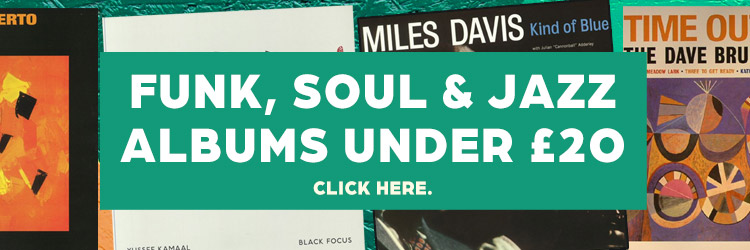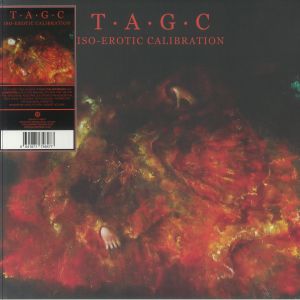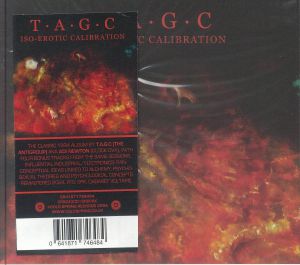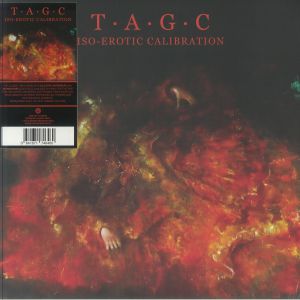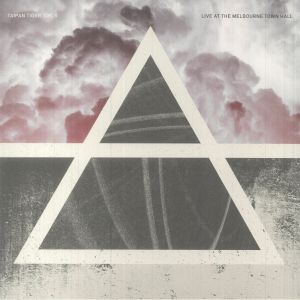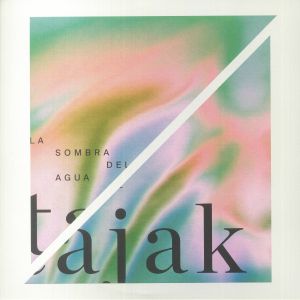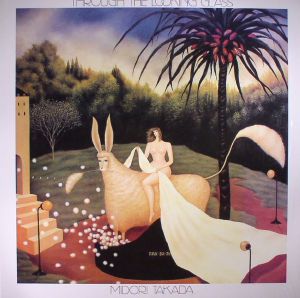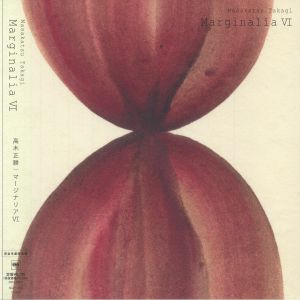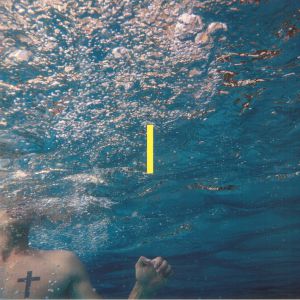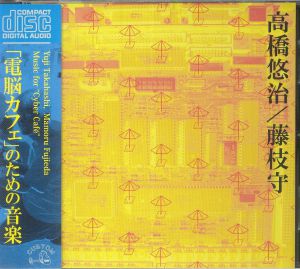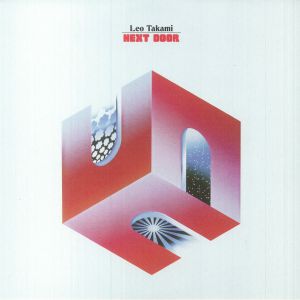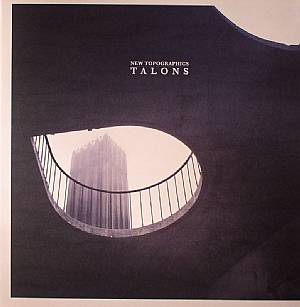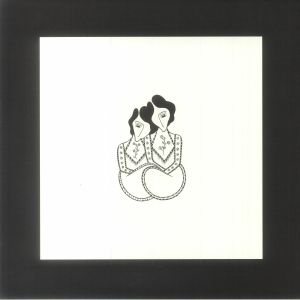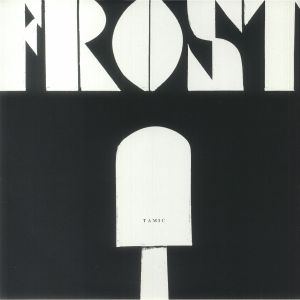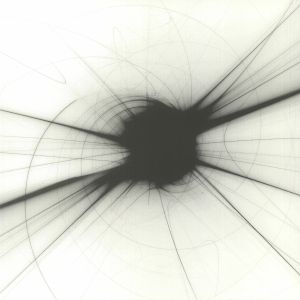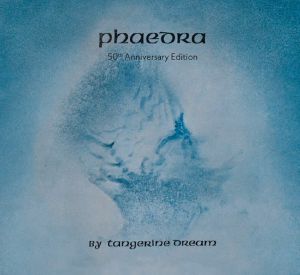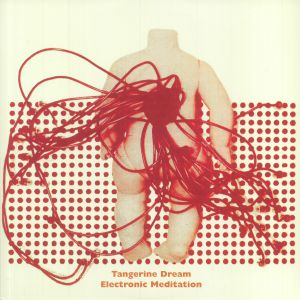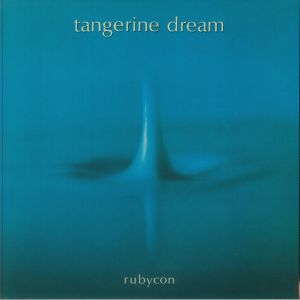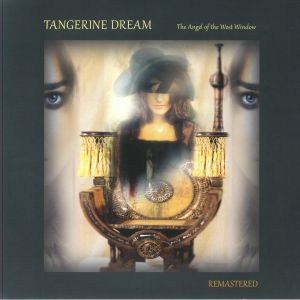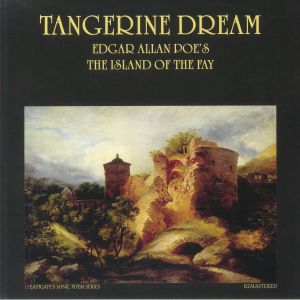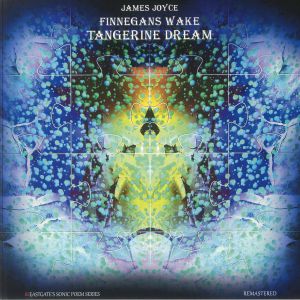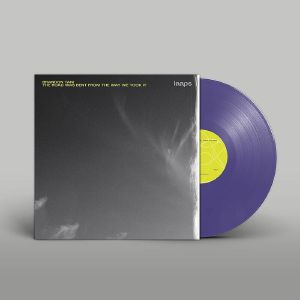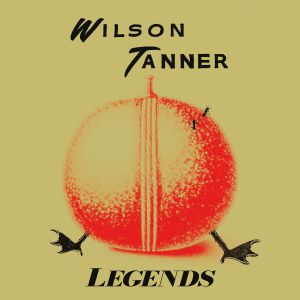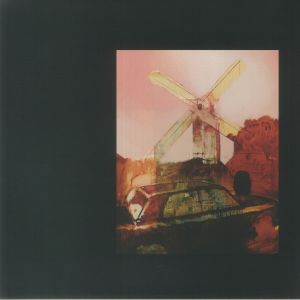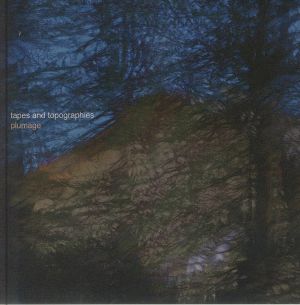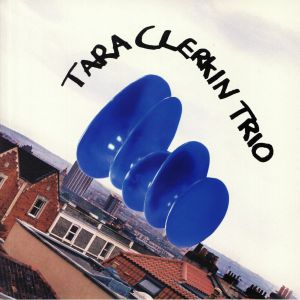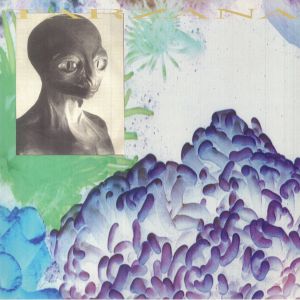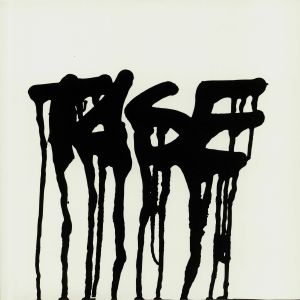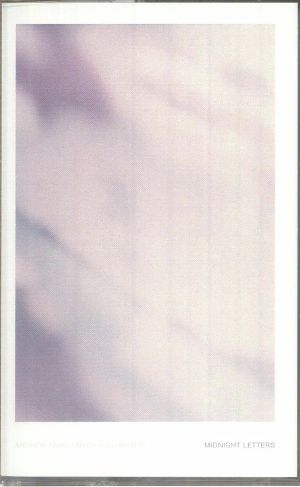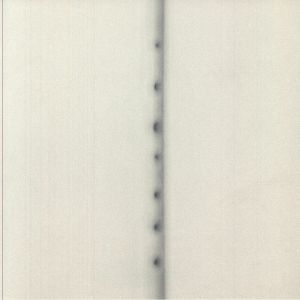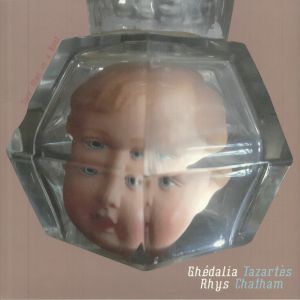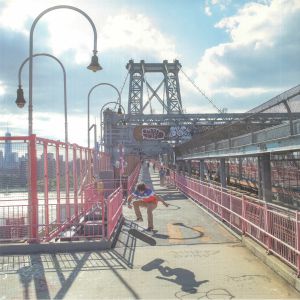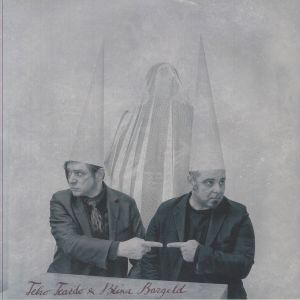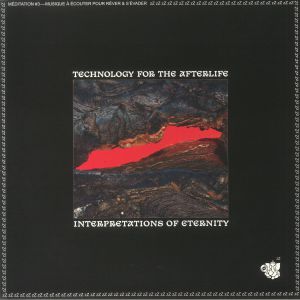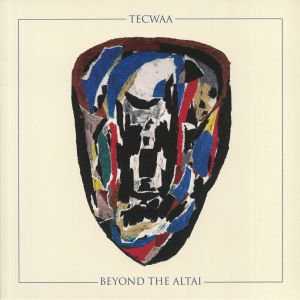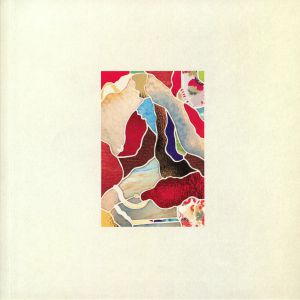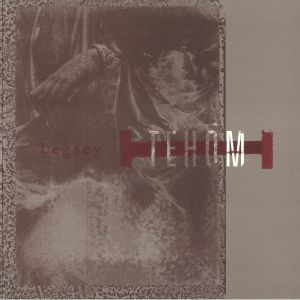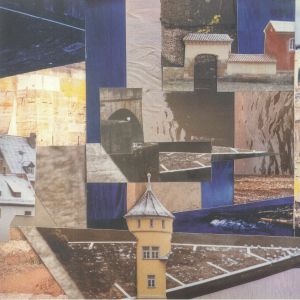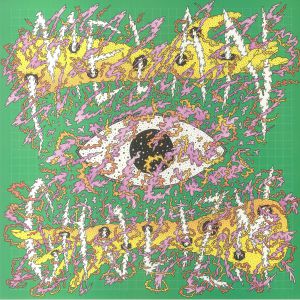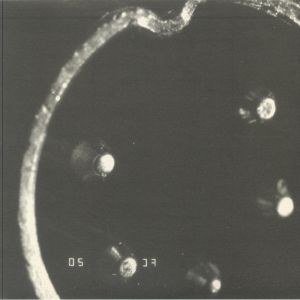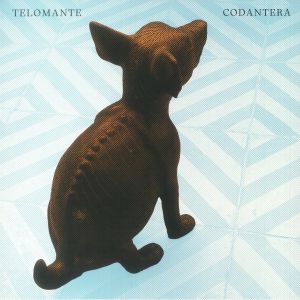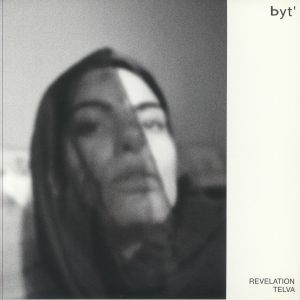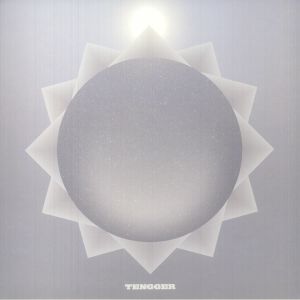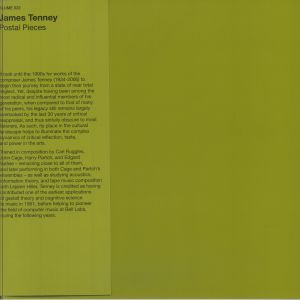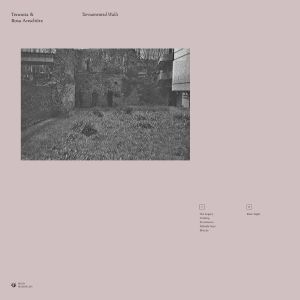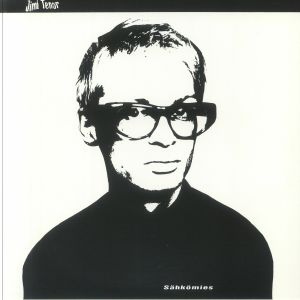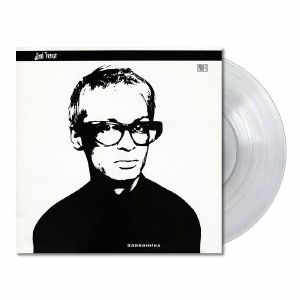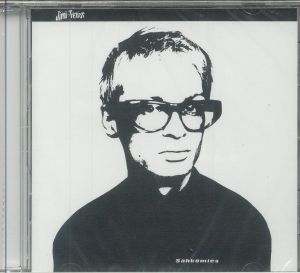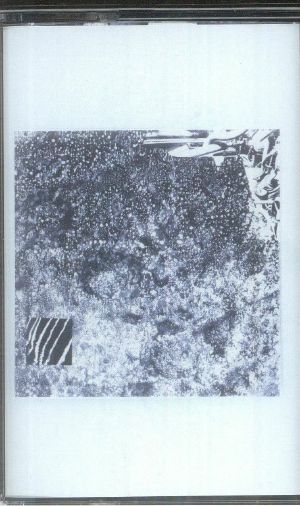Filter
Genre
在庫状況
Featured
リリースタイトル
値段
タグ
Back catalogue: All genres
Juno's full catalogue of All genres
アルバム
Iso Erotic Calibration (remastered) (brown vinyl LP limited to 300 copies)
Cat: CSR 343LPLTD. Rel: 30 Jan 25
Industrial/Noise
in stock $27.89
in stock $11.55
Cat: CSR 343LP. Rel: 24 Jan 25
Industrial/Noise
Review: This reissued gem offers meticulously crafted aural rituals that delve into sensual electronic music and human sexuality. Founded by Adi Newton in 1978 to merge art, science and sonology while embracing innovative, multidisciplinary approaches, The Anti Group served as a platform for exploring psycho-acoustic research and this 1994 album was recorded over three years. It is among their more accessible works - never more so than now when it debuts on vinyl after 30 years. As well as the original pieces, it comes with four bonus tracks including a film soundtrack and a remix.
… Read more in stock $24.51
Live At The Melbourne Town Hall (LP limited to 300 copies)
Cat: LPIT 028. Rel: 16 Nov 23
Post Rock/Experimental
in stock $27.03
La Sombra Del Agua (limited gatefold pink & purple marbled vinyl 2xLP + MP3 download code)
Cat: TAB 021. Rel: 25 Oct 22
Post Rock/Experimental
in stock $52.95
Review: Since slipping out in 1983, Midori Takada's debut album, Through The Looking Glass, has become something of a sought-after item amongst ambient enthusiasts (with hugely inflated online prices to match). Happily, Palto Flats has decided to reissue it, allowing those without overblown record buying budgets to wallow in its gentle, humid majesty. Remarkably, Takada not only composed and produced it, but also played every instrument, including marimbas, recorder, vibraphone, harmonium, and all manner of things you can hit and shake. The resulting tracks remain hugely beguiling, sitting somewhere between a dreamy take on traditional Japanese music, the classic ambient albums of Brian Eno, and the gentle, sweat-soaked explorations of The Chi Factory.
… Read more in stock $29.02
in stock $51.27
It Could Have Been A Beautiful (hand-numbered translucent yellow vinyl LP in spot-varnished sleeve limited to 300 copies)
Cat: IIKKI 022LP. Rel: 30 Nov 23
Ambient/Drone
in stock $30.14
in stock $22.53
in stock $10.36
Review: As a follow-up to 2020's acclaimed Felis Catus & Silence, Leo Takami returns to Unseen Worlds with a new album of finely sculpted, airy compositions. Takami's sound often orbits his delicate, jazzy guitar playing, but there's a sumptuous palette of instrumentation which ebbs and flows around it. As well as jazz, there's a strong sense of Japanese environmental music in the over-arching serenity of Next Door. Using the beauty of everyday life experience as inspiration for his meandering instrumental narratives, Takami's latest work is a soundtrack to make even the gloomiest day brighter.
… Read more in stock $29.58
in stock $24.78
in stock $17.74
in stock $26.47
in stock $42.54
Presence Reverts To Absence (limited white & black splattered vinyl LP + MP3 download code)
Cat: MD 317. Rel: 12 Apr 23
Ambient/Drone
Review: Tangent's latest album Presence Reverts to Absence is a dizzying display of the talents of its two Dutch sound engineer members, Ralph van Reijendam and Robbert Kok. Exploring themes of loss and transformation, the LP is the product of the duo's introspective musical process, in which beatsmithing fuses smartly with ambient tonework and electroacoustic magic. It makes a neat contrast to their former four albums for the label, such as 'Approaching Complexity' and 'Transience'.
… Read morePlayed by: Juno Recommends Ambient/Drone
in stock $26.20
Phaedra (50th Anniversary Edition) (5xCD + Blu-ray (no sound files available))
Cat: 658132 0. Rel: 17 Apr 25
Experimental/Electronic
Phaedra (CD1: Phaedra)
Mysterious Semblance At The Strand Of Nightmares
Moments Of A Visionary
Sequent C
Phaedra (Steven Wilson Stereo mix)
Sequent C (Steven Wilson Stereo mix)
2nd Day (CD2: November 1973 Phaedra Out-takes Volume 1)
Flute Organ Piece
Phaedra Out-Take Version 2A
Phaedra Out-Take 1 (CD3: November 1973 Phaedra Out-takes Volume 2)
Phaedra Out-Take 2B
2nd Side Piece 1
2nd Side Piece 2
Organ Piece
The Victoria Palace Concert (CD4: live At The Victoria Palace Theatre, London 16th June 1974 - part 1)
The Victoria Palace Concert (CD5: live At The Victoria Palace Theatre, London 16th June 1974 - part 2)
The Victoria Palace Concert - Encore
Phaedra (Blu-ray: Phaedra 5.1 Surround Sound mix By Steven Wilson)
Mysterious Semblance At The Strand Of Nightmares
Moments Of A Visionary
Sequent C
Review: Phaedra is the fifth studio album by German electronic group Tangerine Dream, recorded in November 1973 at The Manor in Shipton-on-Cherwell, England, and released in 1974 through Virgin. An icier, tempoless departure for a band otherwise better recognised for their sequencer-led, soundtrack-bred sound, this was a hidden moulin for frost-drone fanatics, and a deviant pupil of the otherwise strict Berlin School. Despite receiving little to no airplay, Phaedra gained significant traction through word of mouth when it was released by a rather more hippified Richard Branson's fledgling Virgin label, eventually reaching number 15 on the UK Albums Chart and remaining on the charts for 15 weeks. Its long-form pieces, such as 'Sequent C' and 'Mysterious Semblance At The Strand Of Nightmares', represent an indifference to constraints of timing, instead washing over the ears as diachronic, swirling, crisp ice ambient smirrs.
… Read more in stock $60.83
Electronic Meditation (reissue) (limited 180 gram audiophile orange vinyl LP)
Cat: TB 6201C. Rel: 14 Jul 21
Experimental/Electronic
Review: Cult German electronic outfit Tangerine Dream made an indelible impression with Electronic Meditation, their first big release and first grand studio project. It was rebased in 1970 and is a thrilling fusion of Krautrock, experimental rock, psychedelia and electronic rock that utterly belies the times in which it was made. It is also the only LP to feature the line up of Edgar Froese, Klaus Schulze and Conrad Schnitzler and was recorded using just a two-track Revox tape recorder. At times haunting and tense, at others more dreamlike and contemplative, it is a uniquely freeform style of music.
… Read more in stock $20.57
in stock $27.89
The Angel Of The West Window (gatefold 2xLP (side 4 etched))
Cat: KSCOPE 1226. Rel: 04 Jul 24
Experimental/Electronic
Review: This new reissue of The Angel From The West Window by Tangerine Dream's showed the returned back to their electronic music roots in 2011. Departing from the mellower tones that characterized some of their 90s output, the band's latest album at the time delved into more challenging and orchestral electronic landscapes. The Angel of the West Window, inspired by the works of German author Gustav Meyrink, showcases a revitalised sound: pulsating sequencers, expansive synthesized textures, and evocative electric guitar solos dominate the album. Collaborating with Thorsten Quaeschning, Froese infuses the tracks with dynamic rhythmic foundations and ethereal electronic layers, creating an edgy and immersive sonic experience. Electric violin accents add a haunting depth to the compositions, enhancing their atmospheric quality. Standout tracks like 'The Mysterious Gift to Mankind' and 'Living in Eternity' highlight Tangerine Dream's ability to blend synthetic and organic elements seamlessly. The album's thematic richness and sensitive melodies evoke a cinematic scope, making it ideal for both introspective listening and atmospheric settings. Long-time fans have welcomed this resurgence, celebrating Tangerine Dream's return to form and their enduring influence on electronic music. Tangerine Dream's musical legacy and innovative spirit is part of electronic music history. Fans of their Virgin records output should really enjoy this album.
… Read morePlayed by: Juno Recommends Experimental
in stock $38.59
Edgar Allan Poe's The Island Of The Fay (remastered) (gatefold 2xLP (side 4 etched) + insert)
Cat: KSCOPE 1225. Rel: 07 Nov 24
Experimental/Electronic
in stock $38.59
Finnegans Wake (limited gatefold 2xLP (side 4 etched))
Cat: KSCOPE 1227. Rel: 12 Sep 24
Experimental/Electronic
Review: If you're trying to work out where in Tangerine Dream's back catalogue Finnegans Wake fits, then good luck. According to our sources, this is "roughly the group's 125th release". So it's remarkable just how fresh and forward thinking the record sounds, given most people start running out of original ideas once they reach adulthood, let alone make it past the first two LPs. First released in 2011, eight tracks launch us towards the stratosphere on a rocket of synths and electric guitars, chords soaring ever higher as the background symphony of glitter and chime invoke images of stardust falling over an ocean of zodiacal light below. If that's too conceptual, then let's just say this is progressive kosmische Kraut at its most epic and bold. Just like the rest of their output, then.
… Read more in stock $38.59
The Road Was Bent From The Way We Took It (hand-numbered purple vinyl LP in spot-varnished sleeve limited to 200 copies)
Cat: LAAPS 037LP. Rel: 15 Aug 24
Ambient/Drone
in stock $29.29
Review: Wilson Tanner steps on solid ground with Legends, a pastoral odyssey steeped in the rhythms of South Australia's Manon Farm. Swapping coastal breezes for the dusty toil of the vineyard, the duo channel the grit of farm life: dirt-crusted boots, crackling radios, and the far-off hum of summer crickets. Their previous works basked in suburban lethargy and nautical drift, but here, the focus is on the raw textures of agricultural labor, where ducks and dogs roam, tractors rumble past, and stainless steel tanks glint in the sun. Made entirely off-grid, the Manon sessions repurpose wind, brass, balalaika, and synth, rigged together with wire and tape. Legends distills the essence of natural winemaking into sound: feral, unfiltered, and alive with imperfections. Overflowing with rustic charm and irreverent humour, it's a heady swirl of folklore and fermentation, bottled straight from the land.
… Read more in stock $26.76
in stock $24.51
Review: Astonishingly, a decade has now passed since Todd Gauthreaux first donned the Tapes & Topographies guise. Since then, he has released countless inspired and immersive albums, offering up an attractive ambient sound rich in drifting chords, densely layered sound design and contemplative musical motifs. Plumage, his first full-length excursion of 2024, sees him pop up on ROHS! for the first time. He's typically delivered the goods, matching ocean-deep ambient soundscapes with slow burning, melancholic melodies, evocative flashes of field recordings, hazy aural textures and twinkling, occasionally sorrowful, piano solos. It's arguably one of his most accessible and aurally striking sets to date - not bad for someone whose output has been consistently excellent for some time.
… Read more in stock $7.33
Played by: Dr Rubberfunk
in stock $18.88
in stock $31.83
in stock $24.23
Review: Minneapolis' Chris Bartels aka Blurstem, and Philadelphia's Andrew Tasselmyer of the likes of Hotel Neon and Gray Acres have hooked up once more for a second collaborative album Midnight Letters. This album's starting point was original concepts played out on guitar which were then processed and experimented with through an ages-old analog tape machine. Add in an array of iPad audio processing apps, samplers, and Ableton software and you have a perfect mix of tools to serve up a sonic journey that perfectly merges the old with the new. The resulting ambient soundscapes are immersive and sparse but packed with subtle details that convey all manner of emotions.
… Read morePlayed by: Juno Recommends Ambient/Drone
in stock $16.06
in stock $27.33
Played by: Juno Recommends Experimental
in stock $22.53
Review: Four Tet's iconic label, Text Records, rarely releases much beyond the artist's own, less album-based output and collaborations with friends. So it's a revelation that a new artist is coming to release on the imprint too - Hagop Tchaparian's 'Bolts' is a uniquely trans-Armenian take on folktronic dance, blending the found sound house tropes Mr. Tet is all too used to with field recordings from the Mediterranean. An auditory homage to skateboarding, coastal tat shops, and post-punk through the lens of emotive dance music.
… Read more in stock $21.97
in stock $44.51
Cat: CRACKI 071. Rel: 01 Jun 22
Ambient/Drone
in stock $15.50
Review: Following a couple of decent but arguably overlooked 12" singles, Tecwaa has decided the time is right to drop his debut album. The Swedish artist proceeds to languidly shuffle through evocative, occasionally icy tracks that variously draw influence from deep house, 1980s wave music, spiritual jazz, leftfield synth-pop, trippy electronica and chugging psychedelic disco. It's an interesting and entertaining set, with each success delay-laden track delivering a new twist on his hard-to-pigeonhole late night/early morning sound. By the time the bubbly, acid flecked "Those Cosmic Plains" rounds the album off, you'll be ready to listen to it all over again.
… Read morePlayed by: Cedric Woo, Juno Recommends Downtempo
in stock $22.19
Review: LA beat scene veteran Mtendere Mandowa looks to a fresh set of talented collaborators (including Panda Bear, MNDSGN, Thomas Stankiewicz) on his new album for Brainfeeder. It is his first for five years and the results are superb. The 14 original tracks across the album constantly evolve and flourish. Opener "Atoms Song" is built around a loopy keyboard that's joined by drifting synths that wash over you like a warm shower, Shufflin' beast "Daughter Callin'" is something that Dilla would be happy to put his name to and album highlight, Sudan Archives hook-up "Black Dove" is an emotive, georgeously moving number, all at once proving Teebs' ability to integrate dynamic talents seamlessly into his own sonic realm. Warm and organic, "Anicca" is an essential piece of work.
… Read more in stock $22.53
in stock $23.95
in stock $31.54
Melancholizm (180 gram coloured vinyl LP + art print limited to 100 copies)
Cat: UKM 100COLOR. Rel: 22 Sep 22
Bass
Review: Polish beatmaker Teielte unleashes his fourth studio album and it's another beguiling trip. Just as heavy on the emotions as it is on the beats and bass, Melancholizm brings the sadbois to the dance with its immersive chord changes, stuttering drum work and compelling waves of atmosphere and yearning sense of urgency. From the real heavyweight grizzles of 'Paresis' to the more languid, floating mood of 'Drunk Novice' to the more sensual RnB tones and textures of 'Experiencing' and the wall rattling drama of 'Oneness', Teielte tells a unique tale that captures the turbulence of the current times. Bring it in.
… Read morePlayed by: Juno Recommends Bass
in stock $35.21
BLUNDAR 17 (hand-stamped clear vinyl LP limited to 200 copies)
Cat: BLUNDAR 17. Rel: 17 Sep 24
Experimental/Electronic
Played by: M50
in stock $27.33
in stock $28.45
in stock $30.71
in stock $22.19
Postal Pieces (green vinyl LP + insert with obi-strip limited to 300 copies)
Cat: BLUME 022. Rel: 14 Nov 24
Ambient/Drone
Review: Blume Records return to the forefront of the contemporary experimental canon with the first ever vinyl edition of (a study of) James Tenney's infamous Fluxus suite, Postal Pieces. The storied composer and music theorist was an alpine fixture of the modern music compositional world, with his various writings - both notated on the stave and prosaically penned in the journal - amounting to exquisitely impenetrable tracts on every isolable facet of music theory from harmonic perception to process music to sound synthesis to spectral music. Originally a set of 11 pieces but truncated to five here, drawing on a set of live recordings laid down in 2003, Postal Pieces is one of many of Tenney's works emphasising process over end result. Perhaps the emphasis on process was an attempt to treat the sufferances of "schizophonia", which had plagued musicologists since the 1930s as one of many fussed-over consequences of recorded music obscuring the original source of the sounds heard through an extended medium. The album's sonic pentagram - of long sequences resembling air-raid sirens, its basal textural swells and backroomed feedback loops - might sound doomy to the glib ear. Ultimately, though, this album could also be read as a simple formal exercise, one intended to divert Tenney's own aversion to writing letters (despite his wont to write music theory). Ironically enough, we're sure that, in the wake of this reissue and its hot demand, the postal system itself will thank Tenney for the boost in revenue.
… Read more in stock $33.79
in stock $26.76
Cat: BB 451LP. Rel: 16 Aug 24
Broken Beat/Nu Jazz/Nu Soul
in stock $23.95
Sahkomies (30th Anniversary Edition) (limited hand-numbered clear vinyl LP)
Cat: BB 451LTD. Rel: 13 Aug 24
Broken Beat/Nu Jazz/Nu Soul
in stock $33.79
Cat: BB 451. Rel: 16 Aug 24
Broken Beat/Nu Jazz/Nu Soul
in stock $14.64
in stock $14.09

 USD
USD





